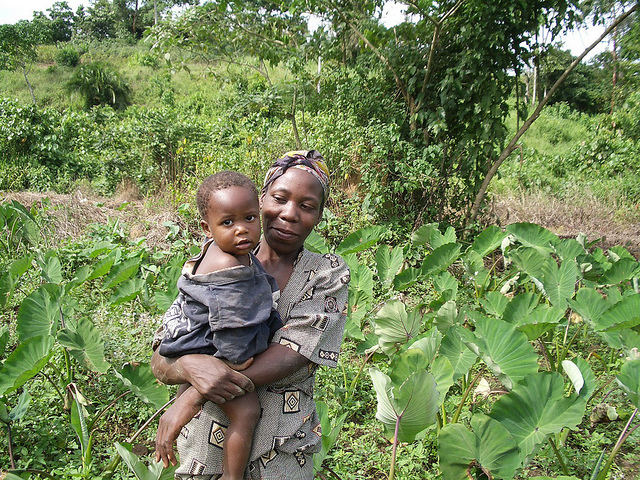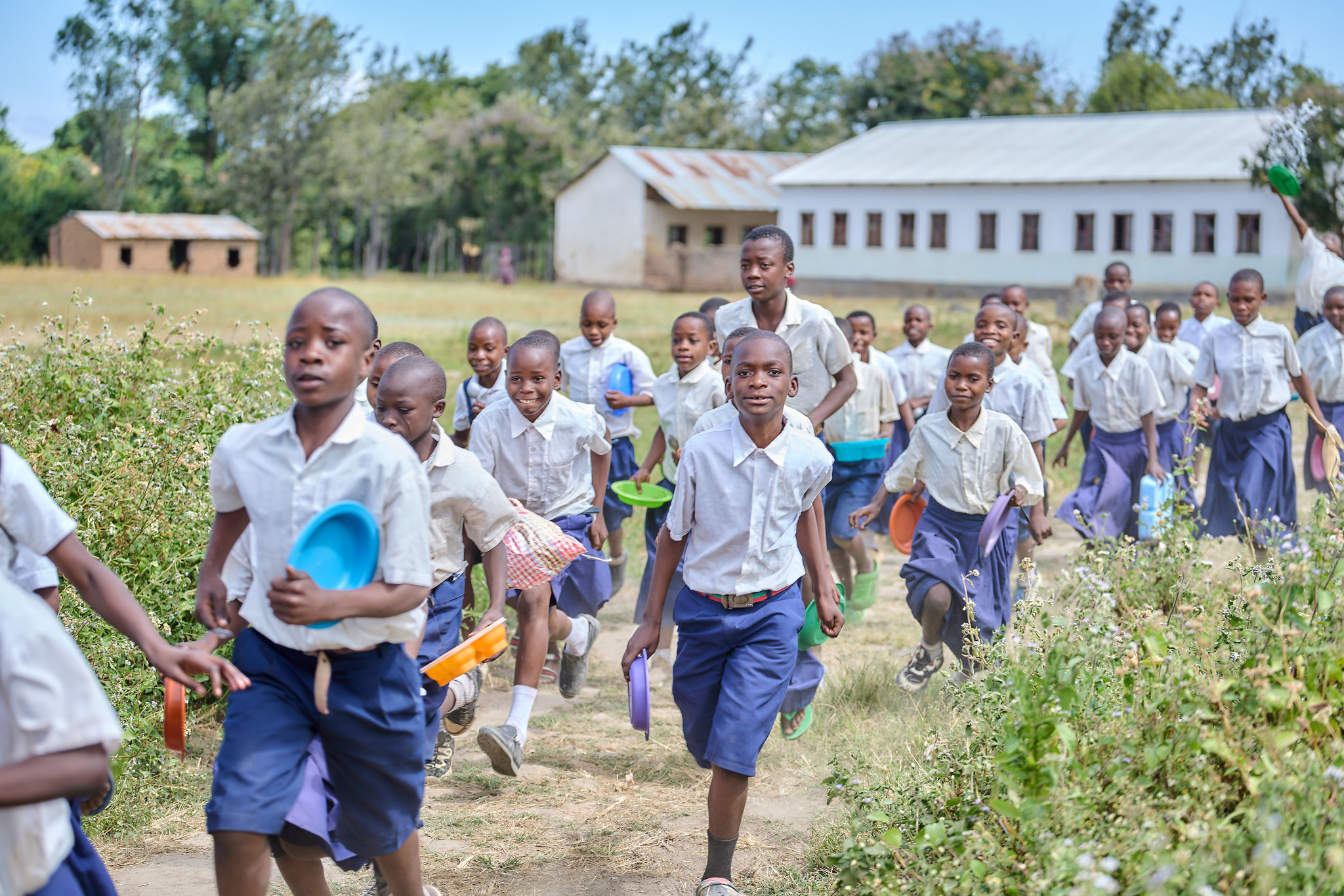Farming households are vulnerable to many types of shocks, including weather-related events such as droughts and floods as well as health-related risks such as illness. A wide range of financial products exist to help farmers manage their exposure to risk, build resiliency, and improve welfare. However, not all risk is created equal in the context of gender.
In their discussion paper, Managing Risk with Insurance and Savings: Experimental Evidence for Male and Female Farm Managers in West Africa, IFPRI research fellow Clara Delavallade and colleagues take a closer look at risk management through a gender lens. The researchers completed field experiments in Senegal and Burkina Faso to discern gender differences in the demand for purchasing insurance products versus investing in savings.
The participants were given money to purchase or invest in one of four types of products: insurance, agricultural investment savings at home, agricultural investment savings with the group treasurer, and emergency savings with the group treasurer.
The researchers found that men and women face different types of shocks and, therefore, possess distinct preferences for managing them. Women are more vulnerable than men when it comes to health shocks, such as complications from childbirth or caring for sick children; and men are more worried about coping with weather-related shocks, such as droughts and floods. In the context of the study, this translated into men displaying a strong preference for weather insurance while women preferred emergency savings to cope with unexpected burdens.
The researchers also found that:
- Insurance was more effective than savings in encouraging agricultural investment: Those who purchased insurance spent more money on agricultural inputs, such as fertilizers, and yields were higher.
- Because women were more impacted by health shocks than weather shocks, they were less likely to purchase weather insurance. Weather insurance was found to have the greatest impact on agricultural investment and yields, and these preferences left women disadvantaged in terms of agricultural output and investment in the long run.
Ultimately women farmers may be at a disadvantage—less likely to buy weather insurance—simply because they experience different shocks than men. Although more work is needed to confirm this, it serves as a wake-up call to create financial products that are better designed to meet the risk needs of women.







